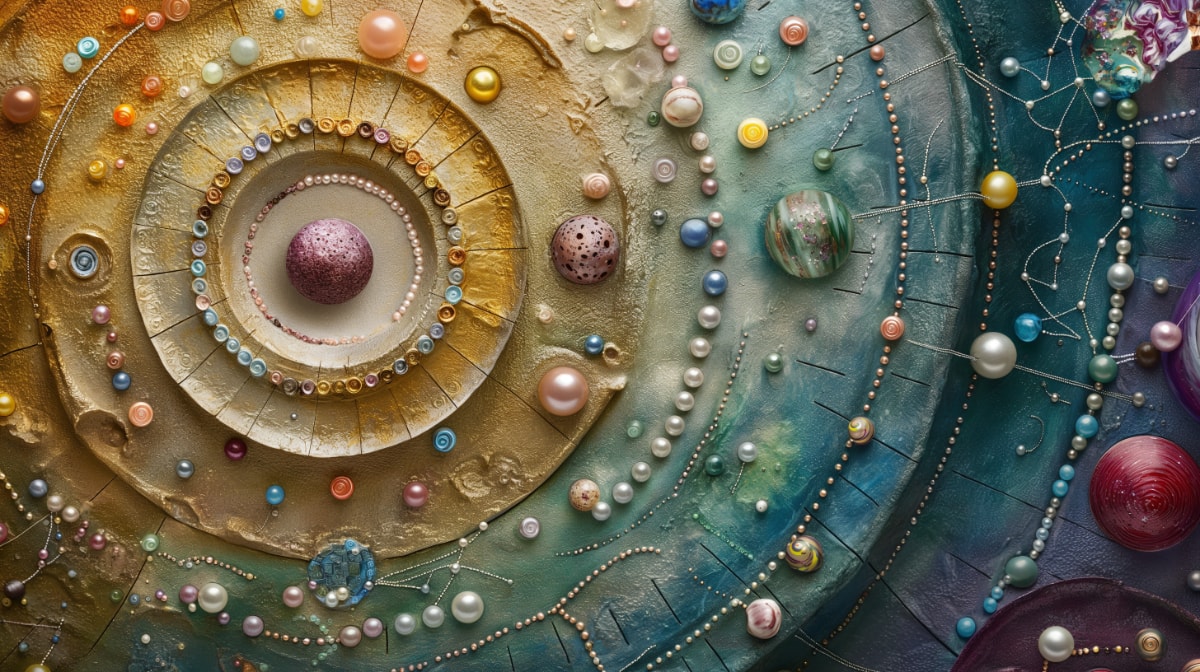
Can the Future Be Predicted by Astrology?
The Simple Answer: No
Astrology has fascinated and divided people for millennia. Despite its allure, modern science rejects the idea that celestial movements can precisely predict the future. We live in a chaotic system where numerous variables interact in complex ways. In this context, claiming to predict the future with certainty is an illusion.
A Chaotic System Guided by Probabilities
However, it is important to recognize that even chaotic systems follow specific probabilistic rules. Astrology, mainly through the analysis of natal charts, can offer insights into the trends and probable influences that might affect a person. A natal chart, an astrological map based on the positions of the stars at the time of birth, can be seen as a probabilistic model.
The Importance of Context
It would be simplistic to believe that astrology operates independently of other factors. Cultural, familial, and societal contexts are crucial in an individual's development. These elements form a complex web of influences that, combined with astrological elements, can provide a more nuanced picture of a person's potential future.
The Wisdom of Adages
An old saying is, "God helps those who help themselves." This maxim underscores the importance of personal action in shaping one's destiny. It is complemented by another pertinent phrase: "The wise man governs his star; the ignorant one is governed by it." These aphorisms remind us that astrology should not be seen as a relentless force dictating our existence but rather as a tool that can be used discerningly to understand ourselves better and navigate life.
Astrology as Weather Forecasting
To better illustrate this concept, think of astrology as weather forecasting. A forecast can never be sure, but it can provide helpful information about future conditions. Similarly, a natal chart can indicate trends and potentialities without absolutely determining the course of a person's life. Weather forecasts are based on complex models and probabilistic data; in the same way, astrology relies on celestial configurations and symbolic interpretations to suggest possible inclinations.
Thousands of Years of Observations
The art of astrology is based on thousands of years of observations that have allowed practitioners to discern predictive rules. This knowledge is not fixed in time. Understanding and discoveries continue to evolve, particularly with the awareness of new elements discovered in the solar system. Astrology is, therefore, a discipline in perpetual evolution, adapting to new data and perspectives.
Beware of General Predictions
It is crucial to be wary of astrologers who make general newspaper predictions. These forecasts are often too vague to be truly useful. Only a properly constructed natal chart, accompanied by an in-depth dialogue with a competent astrologer, can map out a person's itinerary on the vast ocean of life. A personalized approach is essential for a meaningful and valuable astrological interpretation.
Conclusion
Ultimately, can the future be predicted by astrology? The answer is no if one is seeking absolute certainty. However, understanding astrology as a system of probabilities and considering the multiple contextual factors that influence our lives can be used as a tool for reflection and guidance. When approached with a balanced and critical perspective, astrology can enrich our understanding of ourselves and our place in the world while reminding us that we are the primary actors of our destiny.
Illustration: Midjourney

